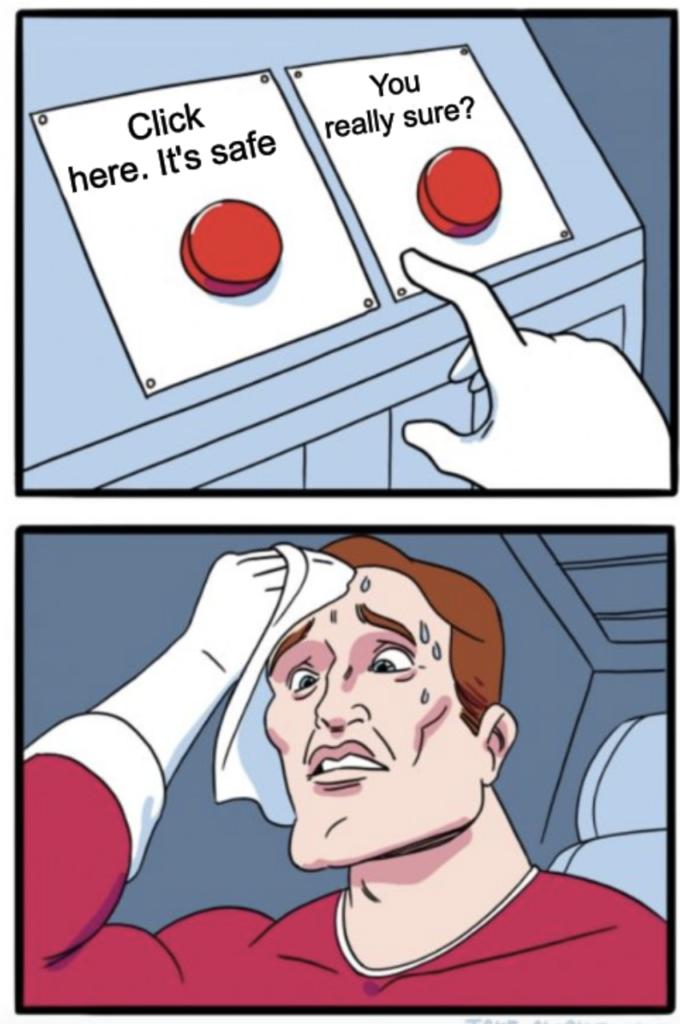Have you ever wondered how seemingly unrelated things like the Safari browser, cookie banners, and being an organ donor all share something in common? The answer lies in their potential to become default options, shaping decision-making in ways you might not have imagined. It’s essential to recognize the profound impact default options have on our choices, whether we realize it or not.
So, why are defaults so powerful, and why should we care?
To understand this, let’s begin by looking in the mirror. Making decisions, even seemingly trivial ones, demands cognitive effort. We need to weigh options, consider consequences, and evaluate preferences. But the reality is that our choices are often not as straightforward as A or B; they span an entire alphabet of possibilities.
This is where defaults come into play. Defaults are designed to save us from the burden of making an active choice. They present a convenient preselected option, which many of us tend to accept without much thought. But why?
Consider the default search engine on Safari, the browser that comes standard on Apple devices—Google. The vast majority of users won’t bother changing it since it offers a comparable experience to other browsers. The same principle applies to organ donation policies in different countries; opt-in or opt-out defaults can significantly influence organ donor rates.
Let’s look at other examples from daily life: automatic renewals for subscriptions (streaming, gym, etc.), preselected delivery options during online shopping, and cookie preferences on websites. All of these default settings nudge us towards a certain choice, often without us even realising it.
As individuals, being aware of default options helps us make more informed decisions. We can question whether automatic renewals truly suit our needs or if we’re better off with alternative choices.
Similarly, as companies, strategically implementing default options can drive additional revenue without significant investment. One notorious example is a European railway provider that used to charge additional 3/4 eur in order to reserve your seat on a train (leaving that as Optional). They decided few years back to incorporate the seat reservation costs into the ticket price. Guess what? They increased their yearly revenue by ca. 40 millions Eur. Zero investments.
For communities, advocating for positive defaults can encourage virtuous behaviors. Whether it’s simplifying recycling procedures or tackling climate change, choosing thoughtful defaults can make a real difference.
Speaking of climate change, let’s reconsider how we refer to it. By default, we often use the broad term “Climate Change” to describe a complex crisis. However, using specific and impactful language may foster a deeper understanding of its urgency. As far as the current default name goes, also turning on/off the A/C of your car can be defined as climate change.
In essence, embracing thoughtful defaults is not about relinquishing control but rather about taking control of our choices. It’s about realizing that each decision we make, however small, contributes to a larger impact on our lives and the world around us. By being intentional in our choices, we can shape a more conscious and purposeful existence.
So, as we traverse the realms of Safari browsers, cookie banners, and organ donor options, let’s remember that the power to make a difference lies within us. Let’s be mindful of the defaults we encounter, challenge those that don’t serve our best interests, and embrace those that align with our values.
By doing so, we can create a ripple effect of positive change—one decision at a time

